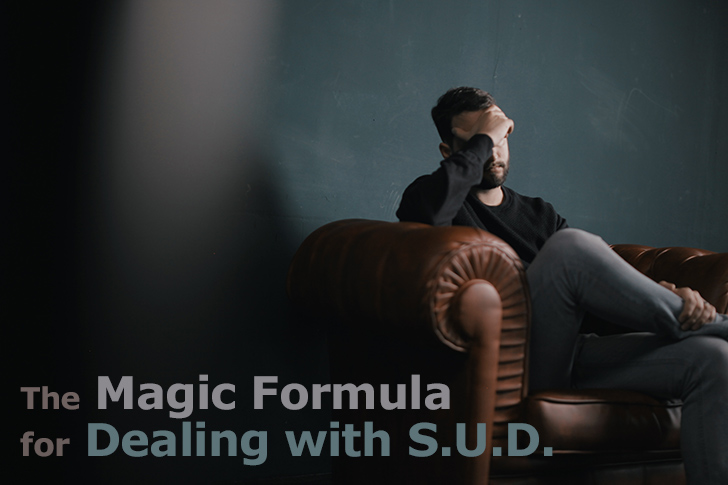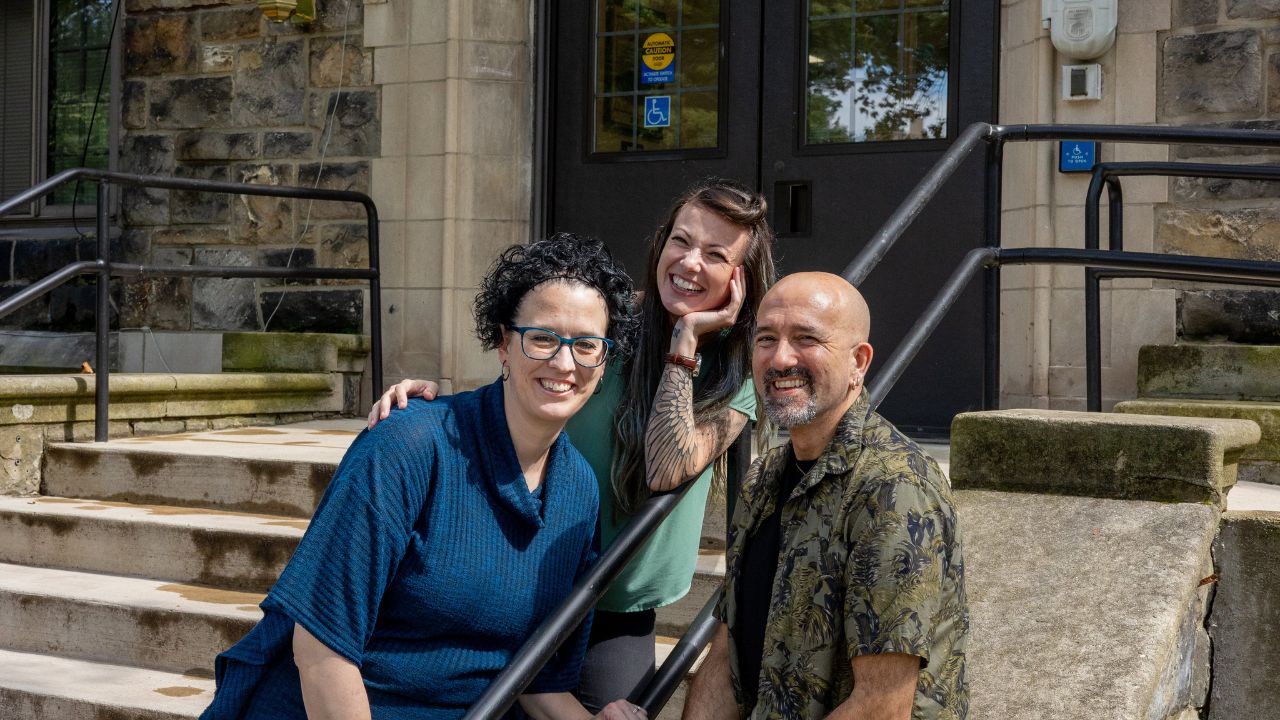
The Magic Formula for Dealing with SUD
by Adachukwu C. Uzondu, graduate assistant, Geneva College M.A. in Counseling program
The effect of drugs and alcohol are profound on individuals, their families, and our society. Substance Use Disorder (SUD) has become a great public health challenge of our time. According to the National Institute on Drug Abuse (NIDA, 2018), addiction changes the brain in fundamental ways, altering a person’s normal needs/desires and replacing them with new priorities connected with seeking and using the drug or alcohol. An important characteristic of SUDs is an underlying change in brain circuits that may persist beyond detoxification, particularly in individuals with severe disorders. SUD has the essential feature of a cluster of cognitive, behavioral, and physiological symptoms indicating that an individual continues using the substance despite significant substance-related problems (DSM-5; American Psychiatric Association, 2013). A person’s ability to control impulses is reduced due to compulsive behaviors caused by the changes in his/her brain. Decreasing SUD will increase health, safety and quality of life.
According to the National Survey on Drug Use and Health (NSDUH) in 2018, an estimated 164.8 million people in the United States, age 12 or older, used a substance (i.e., tobacco, alcohol, or an illicit drug). This number of current substance users corresponds to 60.2 percent of the population. The 164.8 million current substance users in 2018 include 139.8 million people who drank alcohol, 58.8 million people who used a tobacco product, and 31.9 million people who used an illicit drug. Among youths aged 12 to 17, 3.5 million people had a major depressive episode (MDE), 0.9 million had SUD, 0.4 million had both SUD and MDE, and 4.0 million had either SUD or MDE. Many people who have a SUD also develop other co-occurring mental illnesses, such as depression and anxiety. For example, about half of people who experience a mental illness will also experience a substance use disorder at some point in their lives and vice versa (NIDA, 2018). This calls for the attention of the government and specialists who are well-trained to help these millions of people.
The impact at a personal level can be devastating.
Growing up, I was surrounded by individuals who had SUD. I have seen people with SUD talk about having trauma and grief. One person with SUD once told me that the only time her mom could sleep is when the user is in jail or in rehab because when she is not in these two places, her mom worries that she might be called at any time to come and identify her body. I have seen a lot of people with SUD having regrets and self-blame, wishing they could take back their past. A friend said to me, “All my friends who are addicts have died.” People had told me about when they overdosed and had to be rushed to a hospital. I have witnessed how drugs and alcohol have caused significant harm in people’s lives, including health failure, loss of loved ones, family separation, broken marriages, and children being physically or sexually abused by their parents who were under the influence of drugs or alcohol.
Supporting individuals with SUD in fulfilling their own visions of a successful life is my passion. I am presently doing my practicum/internship at a drug and alcohol rehabilitation facility. I see how drugs and alcohol have caused serious health problems, financial struggles, imprisonment, damaged relationships, and even death. Drugs and alcohol can make someone a prisoner in their own lives because it transforms the way their mind functions. The families and friends of these individuals with SUD do not really know how to help them or what to say to them. They just want them to stop using and be normal. Telling them to stop using might cause them to continue using without stopping. When they are addicted, their emotions, thoughts, beliefs, physical sensations and behaviors are affected. At times, it seems like users would need some kind of special magic formula to recover from their addiction. Is there a magic formula that can influence a user enough so they recover and heal from SUD?
I’m here to say that you and I could be part of the magic formula that helps individuals with drug/alcohol addiction. But the magic formula is not really magic at all; it is a competent, trained professional who knows how to deal with SUD users from a Christian perspective.
Recovery is possible for millions of individuals with SUD and the SUD user in your life, too. Everyone with SUD needs a good counselor who is led by the Holy Spirit. How can individuals with SUD learn how to deal with their addiction and how to get their life back if no one teaches them how? How can you and I know the magic formula if we are not trained?
This is why Geneva College offers several graduate degree options that enable counselors to help guide SUD sufferers to recovery and healing. Your best choice will be to register for a CACREP-accredited Master of Arts degree in Counseling in one of three tracks: Marriage, Couple and Family Counseling; Clinical Mental Health Counseling; and Professional School Counseling. After you and I are trained, the contribution we will bring is healthy, sustainable lifestyle choices and strategies for living to those with SUD, as well as fulfilling the call of God on our lives.
Learn more about how Geneva College approaches counseling for SUD recovery by visiting https://www.geneva.edu/graduate/counseling/ or by contacting gradadmissions@geneva.edu.
References
American Psychiatric Association. (2013). Diagnostic and statistical manual of mental disorders: DSM-5. (5th ed.). Washington, D.C.: American Psychiatric Association.
Center for Behavioral Health Statistics and Quality. (2018). 2019 National Survey on Drug Use and Health (NSDUH): Screener Specifications for Programming. Substance Abuse and Mental Health Services Administration, Rockville, MD.
NIDA. (2018, August 1). Comorbidity: Substance Use Disorders and Other Mental Illnesses. Retrieved from https://www.drugabuse.gov/publications/drugfacts/comorbidity-substance-use-disorders-other-mental-illnesses on 2019, December 4.
Opinions expressed in the Geneva Blog are those of its contributors and do not necessarily represent the opinions or official position of the College. The Geneva Blog is a place for faculty and contributing writers to express points of view, academic insights, and contribute to national conversations to spark thought, conversation, and the pursuit of truth, in line with our philosophy as a Christian, liberal arts institution.
Jan 27, 2020Everyday LivingRelated Blog Posts
Request Information
Learn more about Geneva College.
Have questions? Call us at 724-847-6505.










 Online Course Login
Online Course Login